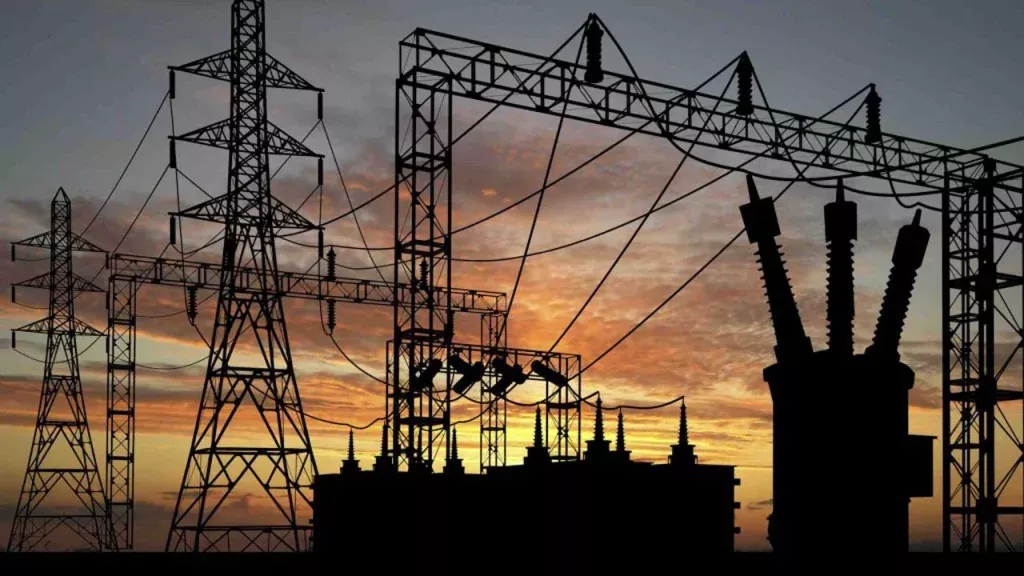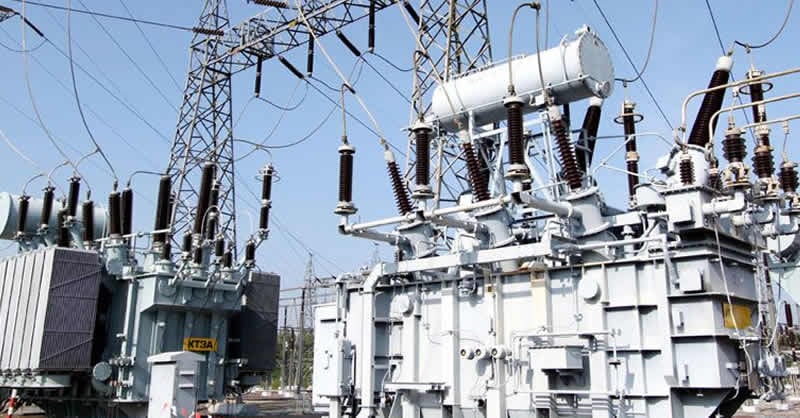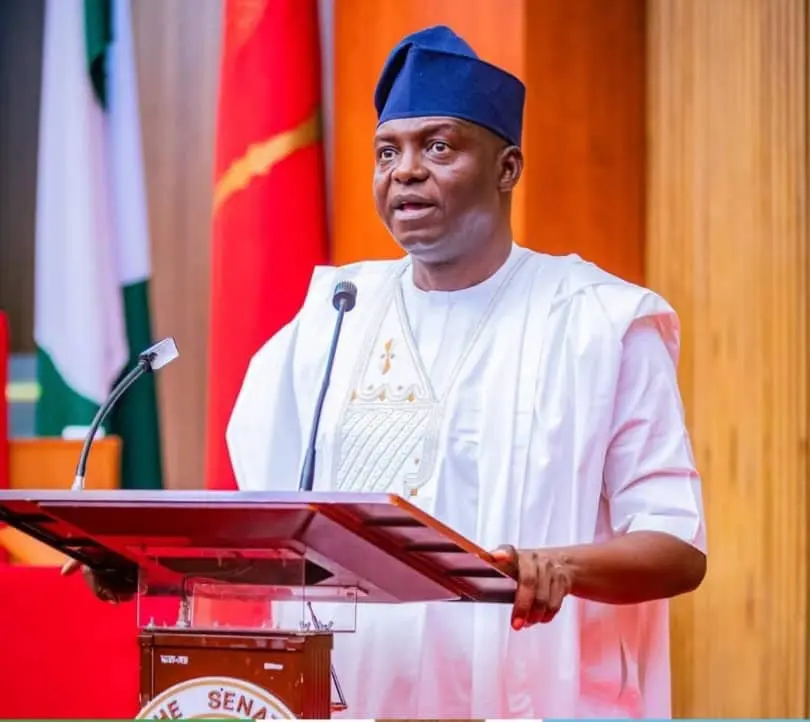The National Women Journalists (NAWOJ), in collaboration with the Norwegian Union of Journalists, is spearheading efforts to educate women journalists in Nigeria on safety measures, combatting sexual harassment, and promoting professional reporting of gender issues.
The two-day training, themed “Gender Equity and Safety/Gender Sensitive Reporting for Women Journalists,” was attended by approximately 30 women journalists who aimed to gain knowledge about the challenges faced by women in the field.
The training took place at the Nigerian Union of Journalists Press Center in Ikeja, Lagos, and was organized in response to the recent surge in attacks against journalists worldwide. It served as a platform for sensitizing women journalists to the potential risks associated with their profession.
The training covered various topics, including harassment, safety, and gender equity, through interactive exercises aimed at equipping women journalists with best practices from around the globe.
During the event, Mrs Rafaat Salami, an Assistant Director at Voice of Nigeria, emphasized the importance of preparedness for journalists working in the field. She stated, “There is a need for every journalist to have a safety kit ready at all times, rather than waiting for emergencies to occur.”
Addressing Sexual Harassment
Mrs Salami emphasized that all organizations should recognize sexual harassment as a serious offense and establish a reporting system for journalists who experience such harassment. She suggested that organizations should list sexual harassment as a crime in their staff regulations, assign an officer to handle sexual harassment cases, and thoroughly investigate all allegations. Perpetrators should be severely disciplined to deter future occurrences and create a safe working environment.
Difference between Gender Equality and Gender Equity
Veronica Ogbole, another trainer at the event, highlighted the distinction between gender equality and gender equity. She explained that gender equality is concerned with achieving numerical balance, while gender equity aims to promote fairness and inclusivity for women in all aspects of society.
Empowering Both Genders
Ogbole emphasized the importance of empowerment for both genders, underscoring that any disparity would hinder the progress of the nation. She urged policymakers to incorporate gender issues in policy design and implementation, citing a 2003 survey that revealed only 25% of media coverage focused on gender-related issues. She believed that training women journalists to report on gender-related matters would help bridge this gap.
Addressing Gender Disparities
Dr. Adeola Ekine, the Chairperson of the Lagos State chapter of NAWOJ, stated that the training aimed to raise awareness about gender disparities in journalism and empower female journalists to access equal opportunities and resources. She acknowledged that female journalists often face unique safety challenges, including harassment and threats.
According to Dr. Ekine, the training equipped female journalists with the necessary tools to navigate these challenges and create a safer work environment. It also boosted their confidence, enabling them to tackle stories they may have avoided due to safety concerns or gender bias.
“Female journalists are expected to use the knowledge gained from the training to become advocates for gender equity and safety within their organizations and the broader media industry,” she emphasized.
Fostering Inclusive Journalism
Dr. Ekine added that training on gender equity and safety for female journalists would contribute to a more inclusive, safer, and professionally enriched journalism landscape.
Lilian Ario, the Secretary of the Lagos chapter of NAWOJ, highlighted the main objective behind the collaboration with the Norwegian Union of Journalists, which was to equip female journalists with the necessary knowledge and skills to excel in their profession.



